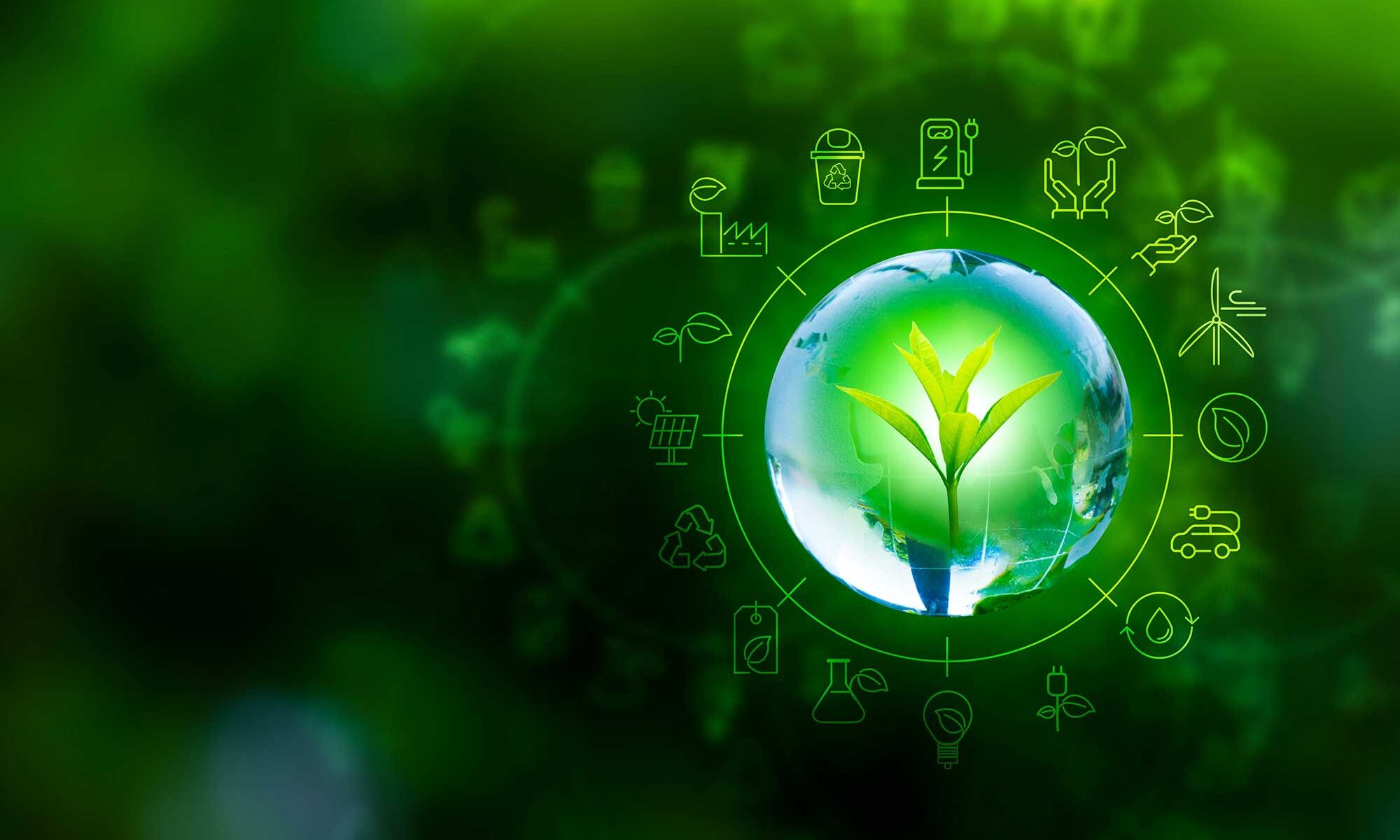The BBC consortium’s ambition is to make the Netherlands a leader in plant-based, carbohydrate-based building blocks and plastic products. This requires entirely new value cycles, in which the agro and chemical sectors work closely together, products are designed in a circular way and returned and recycled at the end of their life cycle. BBC is facilitating research into this and providing space for the development of ideas in incubators, demonstrators and in a large-scale 100 kt flagship plant.
The total project amounts to €850 million. The Dutch central government is contributing €338 million from the National Growth Fund. Of this figure, €102 million is conditionally available for phase 1 (2024 to 2026), in which the value circles are to be formed. €236 million has been reserved for phase 2 (2027 to 2032).
Parties involved
According to the advisory committee of the National Growth Fund, the proposed chain approach is unique in the world, as is the circular starting point and the strong organising capacity of the parties involved. Initiators are the platform Green Chemistry, New Economy (GCNE) and TKI Agri&Food. They are supported by more than 125 companies and civil society organisations, including knowledge institutes such as Wageningen University & Research, the University of Groningen and TNO, as well as network organisations such as Chemelot Circular Hub, Chemport Europe and Circular Biobased Delta. Both large and small companies at the forefront of the biobased and circular economy are also participating, including Avantium, Cargill, Corbion, Cosun, Paques, Relement and Renewi.
On 7 November, GCNE will hold its annual event in Utrecht where BioBased Circular and its opportunities for cooperation will be discussed in detail. Check the GCNE website for details.
See also:
- Biobased raw materials as the basis for a new branch of industry (article, Agro&Chemistry 5 February 2023)
Image: Cinemanikor/Shutterstock



